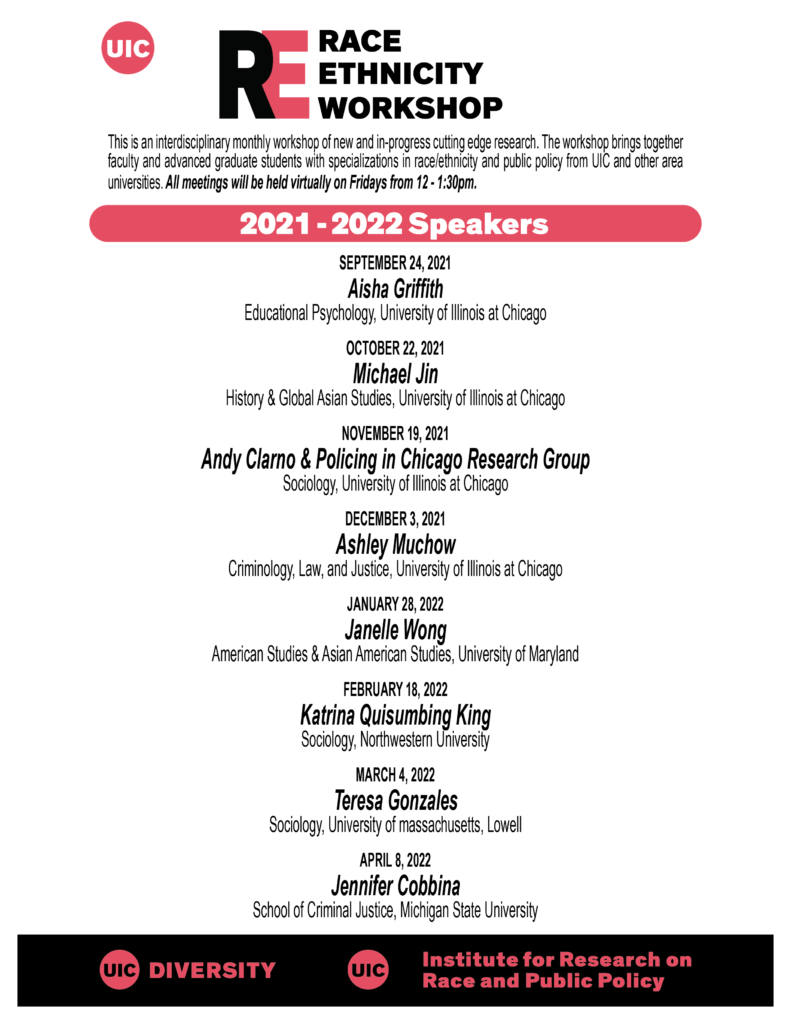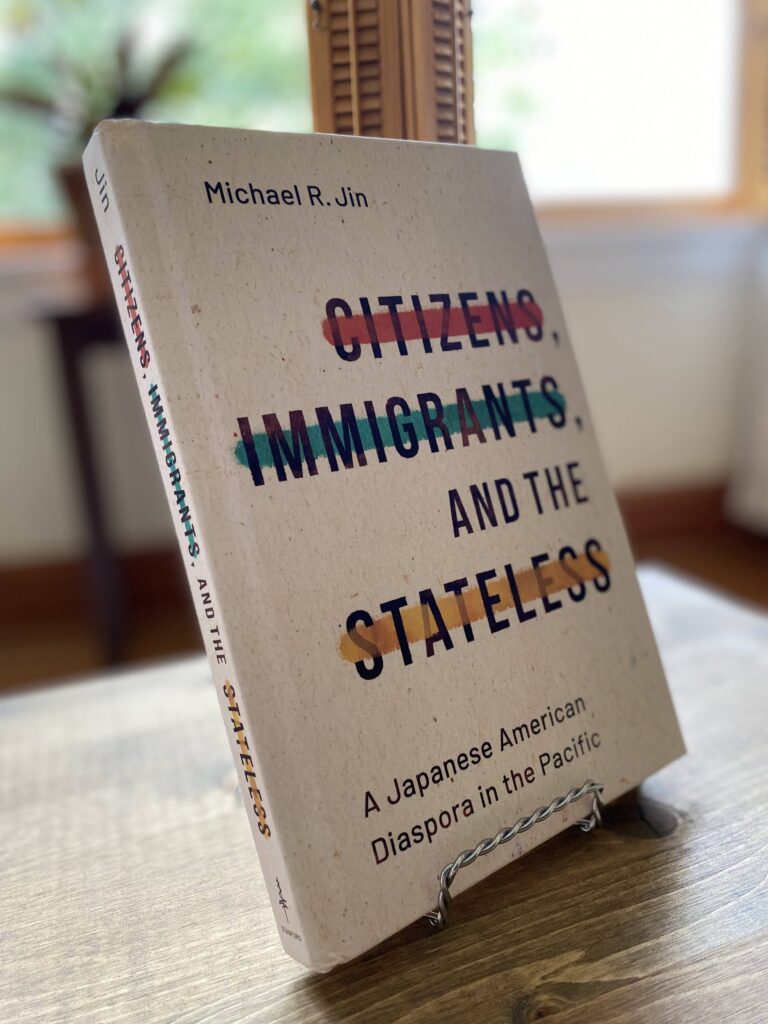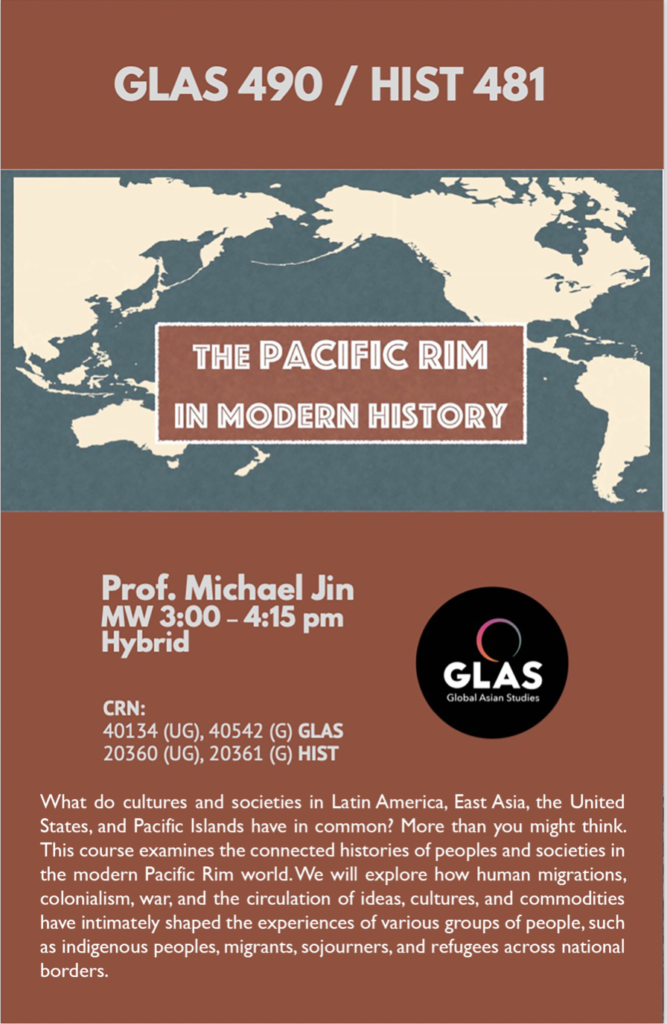Our statement of solidarity with Palestine:
May 17, 2021
The Global Asian Studies Program at the University of Illinois Chicago stands in solidarity with the Palestinian people and the various statements of solidarity issued by our colleagues in the Palestinian Feminist Collective, the Gender Studies Departments in Solidarity with Palestinian Feminist Collective, the Palestine and Praxis: Scholars for Palestinian Freedom. We denounce the violence that the settler colonial state power of Israel is exercising against Palestinians that have resulted in the continuing forced displacement of residents of Sheikh Jarrah, raids on Al-Aqsa Mosque, and the bombing of Gaza. Israeli military forces were deployed in the West Bank and Gaza seven days ago, and as of today, hundreds of Palestinians have been killed, thousands have been injured, over 38,000 people in Gaza have been displaced, and at least 500 homes have been destroyed.
We uplift the determination of the Palestinian people. We call for the end of the Israeli military occupation of Palestine, which has resulted in the mass expulsion –Nakba – of over 750,000 Palestinians from their homeland between 1947-1949 and the continued displacement of what is now over 7 million Palestinian refugees. And we call for the Palestinian people’s right of return.
As educators of Global Asian Studies, an academic unit that emphasizes the study of Asian and Asian American histories, cultures, and politics, and shifts in US racial formations including Islamaphobia, new Orientalisms, and anti Arab/South Asian/Muslim racisms, our intellectual projects are anchored by a commitment to understanding and historicizing the social inequalities that face our communities. Our curriculum focuses on pedagogies that reflect decolonizing, intersectional, anti-racist, and anti-capitalist frameworks that are committed to understanding “Global Asia” in relation to and connected with Black, Indigeneous, Arab American, Latinx communities. Our analyses of power and resistance, our engagement with communities, and our work in forging critical solidarities is premised on these frameworks.
We uplift and uphold the legacy of solidarity that has existed between Asian/Asian American communities and Arab/Arab American communities….
Read the rest of our statement here.




